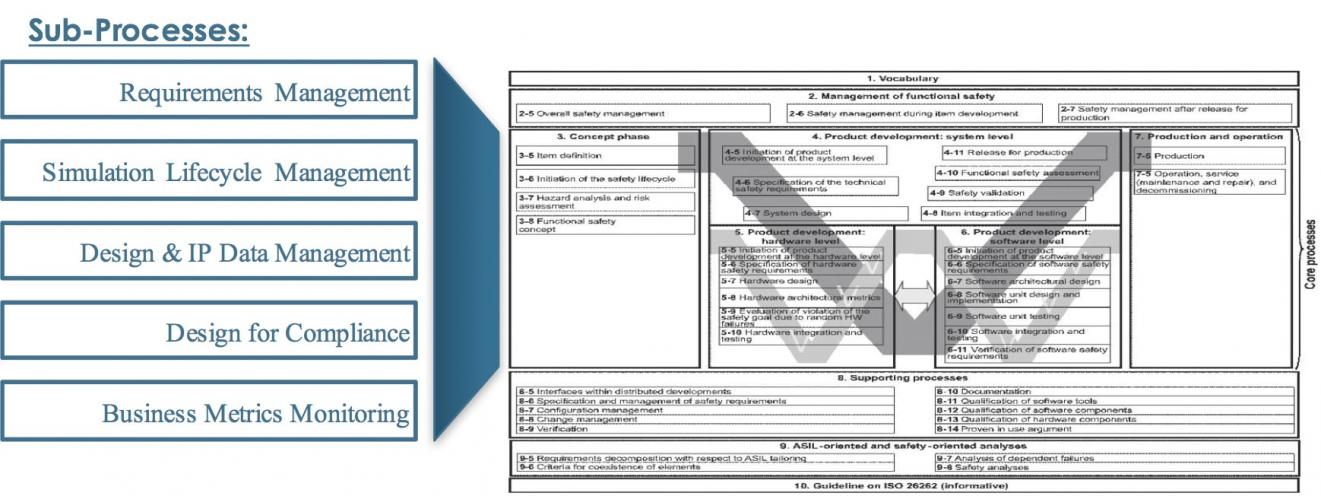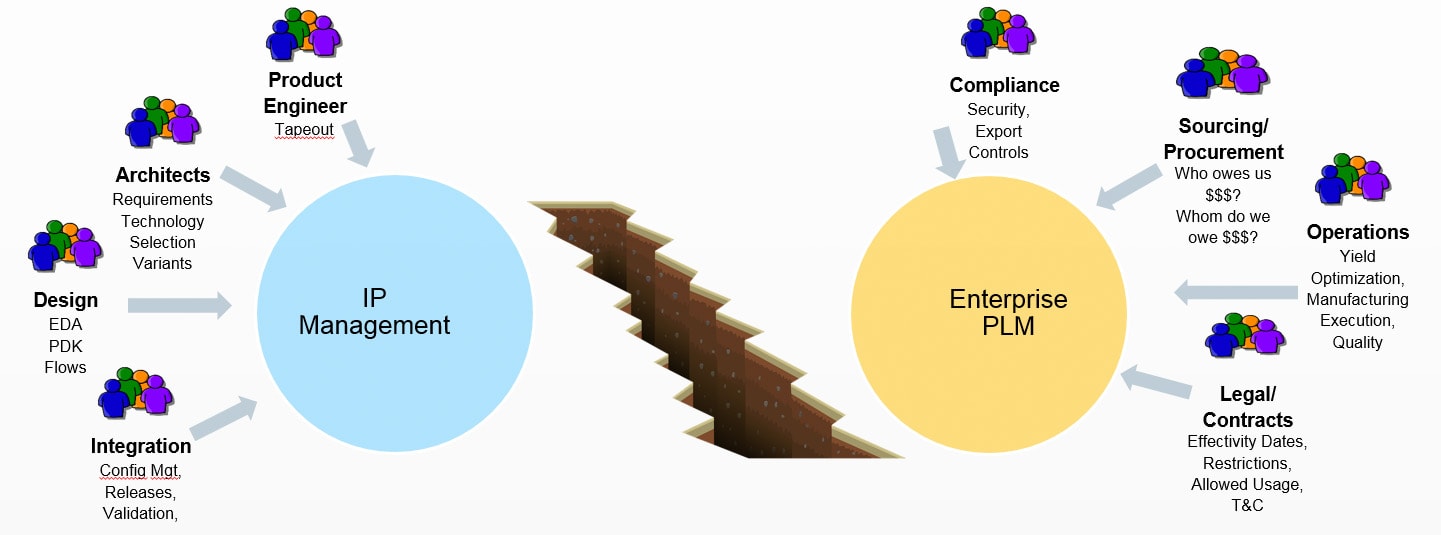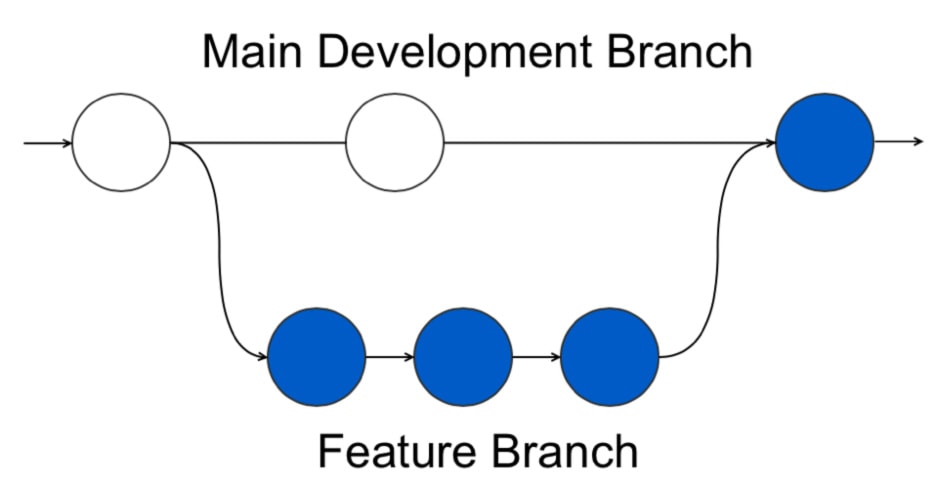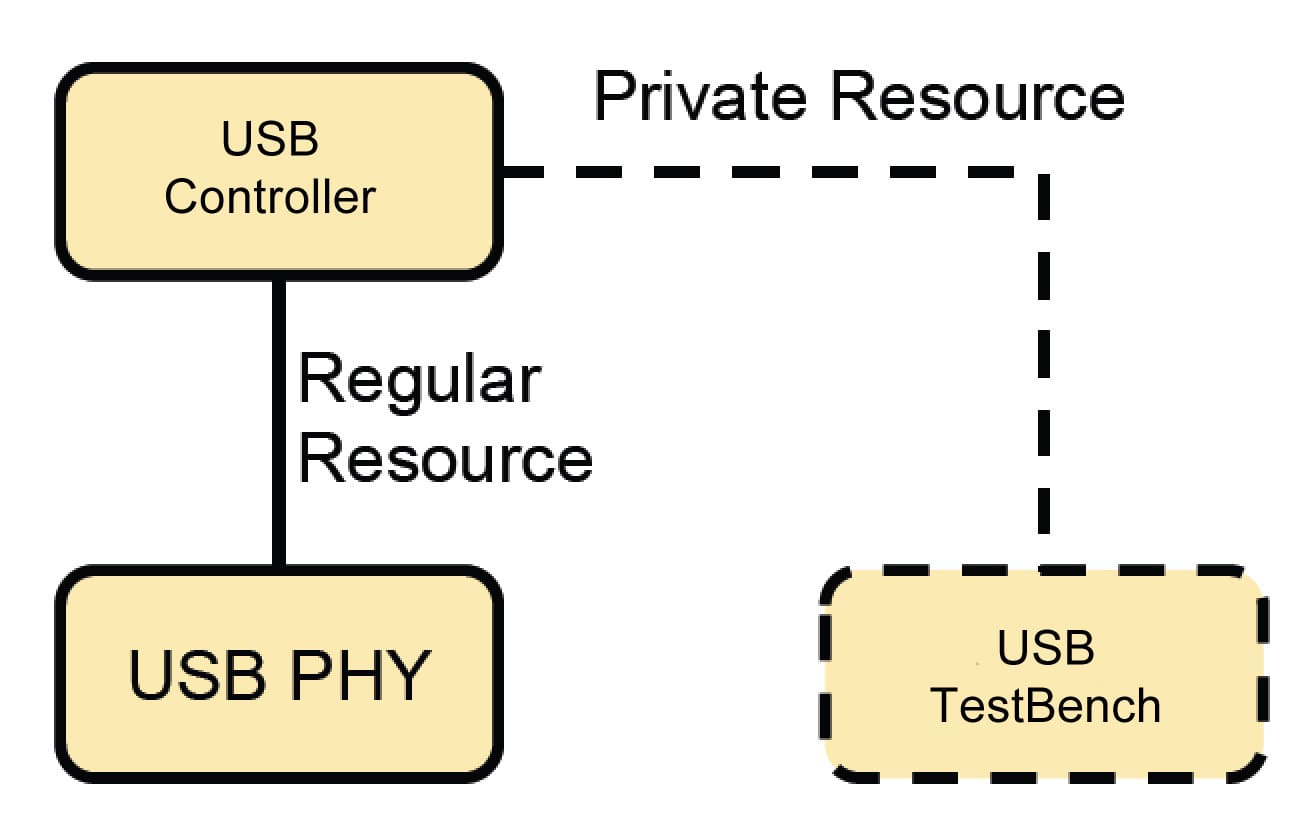I use Quicken to manage my business and personal finances because it saves me so much time by downloading all of my transactions from Chase for credit card, Amazon for credit card, Wells Fargo for banking and Schwab for IRA. Likewise, for IP management in SoC design you want an app like Quicken that plays well with other tools that you… Read More
ISO 26262 Traceability Requirements for Automotive Electronics Design
Reading the many articles on SemiWiki and other publications we find experts talking about the automotive market, mostly because it’s in growth mode, has large volumes and vehicles consume more semiconductors every year. OK, that’s on the plus side, but what about functional safety for automotive electronics?… Read More
Combining IP and Product Lifecycle Tools
No single EDA company provides all of the tools needed to define requirements, design exploration, track IP, simulate, manage and verify a complex SoC system, so it makes sense that EDA vendors and point tool companies have tools that work together to achieve all of these difficult tasks. Systems design has been around for decades… Read More
SoC Design Management with Git
Linux creator Linus Torvalds lives in Oregon not too far from me and he also created the popular Git system for Design Management (DM) in 2004 that is now used by many software developers. So what makes Git so attractive as a DM tool?
- Feature-branch workflow
- Easy to switch context between features
- New features can be created orderly
Hierarchy Applied to Semiconductor IP Reuse
When I first started doing IC design back in 1978 we had hierarchical designs, and that was doing a relatively simple 16Kb DRAM chip with only 32,000 transistors using 6um (aka 6,000 nm) design rules. SoC designs today make massive use of hierarchy at all levels of IC design: IC Layout, transistor netlist, gate level netlist, RTL … Read More
Rethinking IP Lifecycle Management
We recently saw both Apple and Samsung introduce new smart phones, and realize that the annual race to introduce sophisticated devices that are attractive and differentiated is highly competitive. If either of these companies misses a market window then fortunes can quickly change. SoCs with billions of transistors like smart… Read More
Something New in IP Lifecycle Management
Last month at DAC I met up with Michael Munsey of Methodics to get a quick update on what has been happening over the past 12 months within his company, and he quickly invited me to watch an archived webinar on their latest tool for IP Lifecycle Management called Percipient. I love to play the board game Scrabble, so i had to Google the … Read More
New Concepts in Semiconductor IP Lifecycle Management
Right before #54DAC I participated in a webinar with Methodics on “New Concepts in Semiconductor IP Lifecycle Management” with Simon Butler, CEO of Methodics, Michael Munsey, Vice President of Business Development and Strategic Accounts, and Vishal Moondhra, Vice President of Applications. Thewebinar introduced… Read More
Webinar -New Concepts in Semiconductor IP Lifecycle Management
The semiconductor IP market continues growing at a healthy rate, and IP reuse is a staple of all modern SoC designs. Along with the acceptance of IP reuse comes a host of growing challenges, like:
- Increase in design files
- Increase in meta-data
- More links between design members worldwide
- More links between data in multiple engineering
Achieving Requirements Traceability from Concept through Design and Test
Excel is a wonderful, general purpose spreadsheet tool that lets me organize and analyze rows and columns of data into something meaningful, however it doesn’t know anything about requirements traceability for complex semiconductor projects. So why do so many engineering teams still rely upon Excel or custom, in-house… Read More











